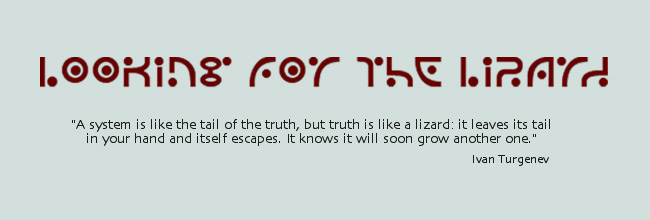(The usual qualifications apply to these ways of doing. They are suggestions, not rules. There are no doubt other ways. But these are ways I have found enjoyable and fruitful.)
Jane talked about the compartmentalizing of our lives. We all do it. Jane talked about putting God in a box, but we also separate parts of ourselves from each other. We wall off our inner and outer selves from each other. This kind of compartmentalizing inhibits truthfulness, with ourselves and with others and in our art.
I wish to suggest three ways I have found, as a writer, to bring my inner life and my outer life together; hence increase my honesty. These ways are journaling, lectio divina, and community.
Journaling
“If you want to work on your art, work on your life.”
Anton Chekhov, physician & writer
Some people assume that all writers keep a personal journal, and probably most do, at least sometimes. Why is it important? Journals are unplanned, disorganized, of the moment. They can record all aspects of the inner life – moods, prayers, ideas, states of relationships, passions, and above all, secrets. A journal is the one place you need not wear any mask and you can hurt no one’s feelings. Here you can and must write your truth, however temporary and subjective, however hurtful, however heretical. A private journal can keep you honest.
Journaling is also valuable because it reveals your patterns. One of the best discoveries I made from writing the “morning pages” recommended in The Artist’s Way was the pattern of my whining. When I realized I was complaining about the same things over and over, I knew how to pray. A private journal can keep you humble.
Lectio Divina
“Lectio divina is a pilgrimage of words towards the Mystery of the Word.”
Bernardo Olivera, Trappist abbot
Lectio divina is an ancient technique for reading scripture. Its structure consists of four steps: reading and rereading a short scripture, meditating or chewing on it, praying about what the meditation brings up, and contemplating or resting in God’s presence without words. Once you try lectio divina, you will realize that it is not a linear, step-by-step process but a weaving together of all four steps.
Writers create and discover meaning by writing, so writing through these steps rather than merely thinking them (as is the usual method) can be very much more satisfying. Like journaling, lectio divina is a private pursuit.
Here are a few ways to write within this practice. You will no doubt come up with others.
· Rewrite the scripture in your own words.
· Write the story from the point of view of one of the characters in it.
· Rewrite it as a poem or a satire or a children’s story or a mystery, and so on.
· Imagine and write a conversation or an interview with one of the characters.
Scriptures to start with: Mark 10:46-52 or any story of Jesus interacting with people; Psalm 23 or any psalm you love; any scripture you are drawn to understand better.
Community
“Listening is an ethical task.”
Daniel Taylor, professor & writer
It’s easy enough to say that we need community; it is harder to find and create a community that both challenges and nurtures. This kind of community offers blessings we can’t find in solitude: A place to tell our stories and listen to those of others. A place to work out those insights God gives through journaling, lectio divina, and other writing we do. A place to practice merging the inner and outer lives.
Writers are natural community-formers, even if they are introverts. How is that? Writers love words and stories. Words and stories are powerful to heal (or destroy), but they have no power outside of a speaker and a listener. So even the most reclusive writer is drawn to find someone to share her stories with or there is no use telling them. In fact, the give and take of sharing true stories has a power to bind that is the essence of community.
Communities can form around common interests, so writers join or create book discussion groups, critique groups, and Bible study groups; however, a group is not inevitably a community. Only when the structure of the meetings allows time for telling and listening to personal stories, as well as the group’s stated purpose, will community arise.
Journaling and lectio divina are especially rewarding ways for us as writers to discover our own stories and God’s stories. These practices then lay the groundwork for participating in communities where we listen to and speak ancient and new stories that bind and heal. Healing of a cut or a broken bone involves the closing up of two separate parts into one whole seamless piece. Healing of the soul works the same way. We clean out the wounds as we practice becoming truthful, humble, and compassionate, and God mends them.



Kate, this is beautiful. I've done lectio divina intermittenly over the years when I can slow down and focus enough for it, but the idea of doing it in writing is really intriguing. I'll give it a shot.
ReplyDeleteKate, I loved the way you wove these three things together and presented us with a beautiful, useable way of seeking wholeness.
ReplyDelete